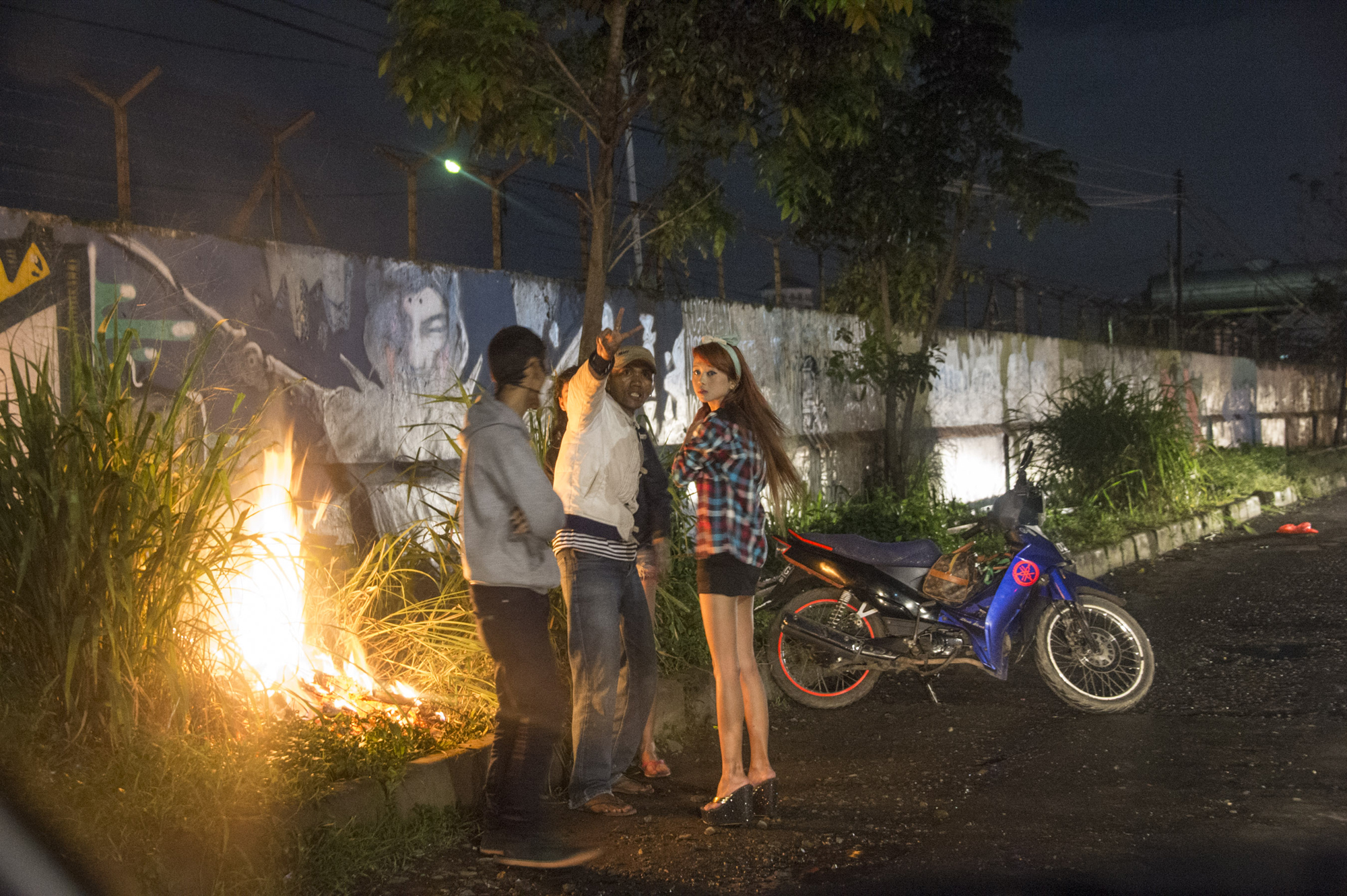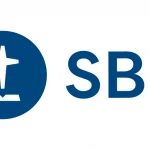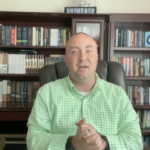

The African American Advisory Council, meeting in Baltimore, Maryland, presented its final report to Frank S. Page, president and CEO of the SBC Executive Committee. Presenting the report were, left to right, Terry Turner, Marvin Parker, A.B. Vines, Ken Weathersby, Mark Hammond, Page, Kevin Smith, K. Marshall Williams (chairman), Byron Day, Mark Croston, Leroy Fountain, Keith Jefferson. Photos by Roger S. Oldham.
Celebrating that the number of Southern Baptist African American congregations has almost doubled to 3,545 congregations since 1998, members of the African American Advisory Council held its final meeting and presented its final report to Frank S. Page, president and CEO of the SBC Executive Committee.
Page used three words to express his gratitude to the members of the Council for their work and friendship—delight, deliberations, decisions—in receiving the report in Baltimore, Maryland, on June 12.
“There are some activities I do in my role as EC president that are draining,” he said. “This is not one of them. It has been a delight to be part of this initiative because of the fellowship and the opportunity to build friendships.”
In respect to the deliberations and decisions of the Council, Page observed that “we are already seeing fruit coming out of this. Much is yet to be done,” he said, “but we are already seeing great strides.”
The report highlighted several milestones of African American Southern Baptist work including 363,937 reported baptisms since 1993; more than twenty-three thousand volunteers from predominantly African American churches participating in mission trips each year; twenty-eight African American missionaries currently under appointment with IMB; election of African American state convention presidents in eleven state Baptist conventions in recent years; and the 2012 election of Fred Luter as the first African American to serve as SBC president.
Using the acrostic MAPPING (Missional Analysis of Peoples, Places, Interests, Needs, and Godliness), the report identified five distinct subsets of the African Diaspora in the US and Canada—African Americans, Black African Immigrants, African Caribbean Peoples, Afro Latinos, and Blacks in Puerto Rico and the US Virgin Islands—noting that no single evangelism strategy will be effective in reaching all of these groups. Collectively, these groups comprise almost fifty million individuals, with the greatest majority living in the nation’s large urban centers.
The seventy-nine-page report included six broad goals, sixteen accompanying recommendations, and was supported by seventy-one action plans.
The six goals included:
- Establishing a national goal of baptizing 300,000 African American new believers by 2020;
- Planting four hundred African American Southern Baptist churches each year, resulting in more than six thousand Southern Baptist African American churches by 2020;
- Strengthening African American leaders to engage lostness through the power of the Holy Spirit;
- Assisting SBC entities and state Baptist conventions in positively impacting both African American and Southern Baptist culture;
- Annually increasing volunteer mission project involvement among African Americans to more than fifty thousand by 2020; and
- Enlisting, equipping, engaging, and challenging African Americans to fill at least 10 percent of NAMB’s and IMB’s goals for sending missionaries, resulting in more than fifteen hundred African missionaries and two hundred student missionaries.

Williams presents the final report to Page.
The seventy-one suggested action plans included such things as planting high-impact churches in strategic urban centers; assisting churches in developing and identifying ministries to impact a growing youth culture in respect to music, abortions, gangs, abstinence, and lifestyle witnessing; providing contextualized training and resources for church planters and sponsor churches in urban areas; promoting Convention-wide completion of the Annual Church Profile each September; communicating stories of African American church involvement in Disaster Relief ministries and other mission projects; and making Annie Armstrong’s former church in Baltimore a “missions laboratory” to help tell the story of missions and increase African American giving and volunteer mission project involvement.
The report also listed a chronological timeline of Black Southern Baptist work and projected recommendations for Page to share with NAMB leadership and other members of the SBC’s Great Commission Council (comprised of the eleven SBC entity heads, president of the EC, and executive director of the Woman’s Missionary Union) and state Baptist convention ministry partners.
The African American Advisory Council was appointed in 2012 to work with the Executive Committee and North American Mission Board leaders in five areas:
- Specific strategies to see increased participation of African American pastors and churches in our common tasks as Southern Baptists;
- Ideas about how to increase the visibility of African American perspectives and ministries in the publications and the public face of the SBC;
- Greater understanding of the perspectives of African Americans on socio-moral issues confronting American culture and ways to combat the continuing slide of American culture away from biblical values;
- Increased understanding of, appreciation for, and commitment to cooperation with SBC ministry initiatives by African American churches for Kingdom purposes;
- Increased support through cooperative giving for SBC missions and ministry causes—and what that may look like from the African American church perspective.
The sixteen-member Council held four plenary meetings—May 2012, June 2013, February 2014, and June 2014—and numerous phone conferences, emails, and small-group sessions, soliciting input from National African American Fellowship leaders and pastors from across the nation.
Members of the Advisory Council included K. Marshall Williams, chairman, senior pastor of Nazarene Baptist Church, Philadelphia, Pennsylvania, and current president, SBC National African American Fellowship; Roscoe Belton, senior pastor/teacher, Middlebelt Baptist Church, Inkster, Michigan, and immediate past president, Michigan Baptist Convention; Chandra Bennett, former editorial team leader, Adult Ministry Publishing, LifeWay Christian Resources; Mark Croston, national director of Black Church Partnerships for LifeWay Christian Resources; James Dixon, pastor, El Bethel Baptist Church, Fort Washington, Maryland; Leroy Fountain, church health strategist, New Orleans Baptist Association; Mark Hammond, director of missions, Los Angeles Southern Baptist Association; Kim Hardy, speaker, author and wife of church planter and pastor Dexter Hardy, Marietta, Georgia; Keith Jefferson, African American mobilization strategist, International Mission Board; Dennis Mitchell, senior pastor, Greenforest Community Baptist Church, Decatur, Georgia; Marvin Parker, senior pastor, Broadview Missionary Baptist Church, Broadview, Illinois; Kevin Smith, teaching pastor, Highview Baptist Church, Louisville, Kentucky, and assistant professor of Christian preaching, Southern Baptist Theological Seminary; Bucas Sterling III, pastor, Kettering Baptist Church, Upper Marlboro, Maryland; Terry Turner, senior pastor, Mesquite Friendship Baptist Church, Mesquite, Texas, and president, Southern Baptists of Texas Convention African American Fellowship; A. B. Vines, pastor, New Seasons Community Church, San Diego, California, and immediate past president, SBC National African American Fellowship; and Frank Williams, senior pastor, Bronx Baptist Church, and pastor, Wake Eden Community Baptist Church, both in Bronx, New York, and president, Black Church Leadership Network of New York. Ken Weathersby, vice president for Convention advancement, SBC Executive Committee, served as the SBC Executive Committee liaison to the Advisory Council.



















